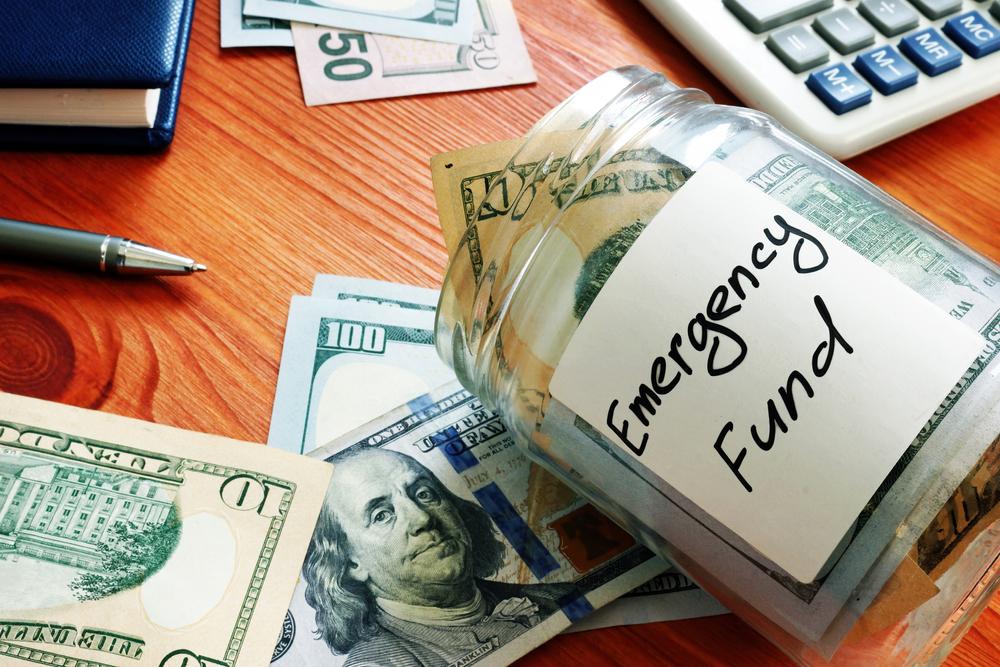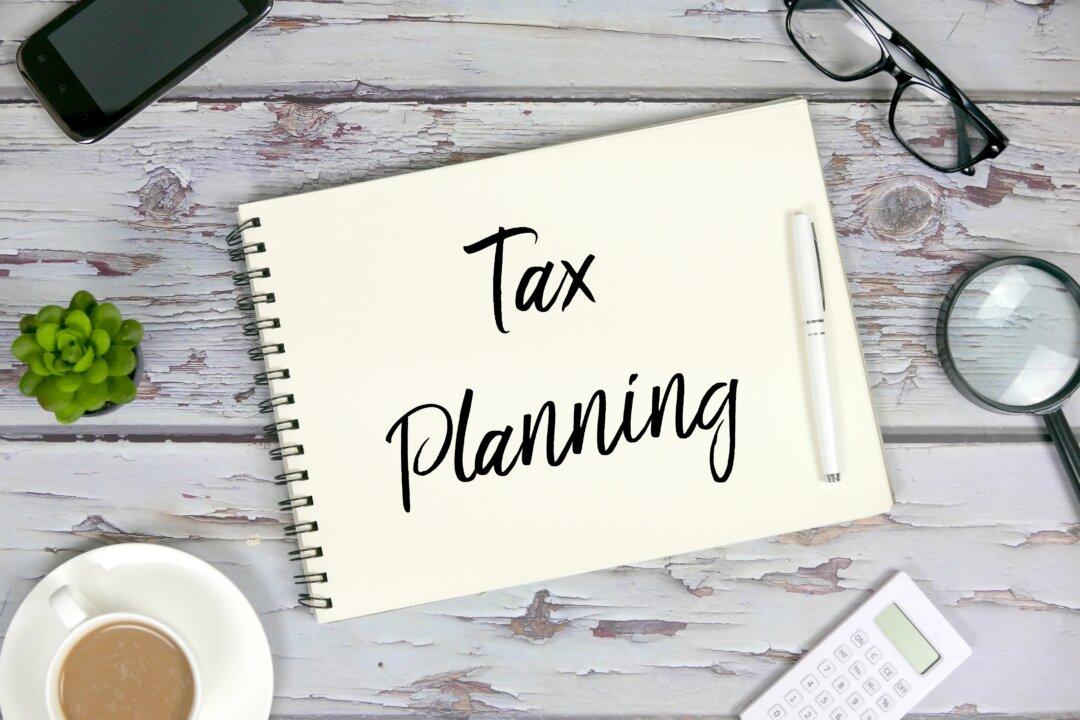Financial stability in uncertain times is the only way to ensure you’ll get through with as few bumps and bruises as possible. Look back to the pandemic and how blindsided millions of people were who didn’t have emergency funds, or if they did, weren’t nearly robust enough to see them through the pandemic.
In 2024, we aren’t facing the same level of financial worry, but there is plenty of economic uncertainty to consider. So far, we’ve seen the Federal Reserve keep rates steady for three consecutive meetings, and at the latest December meeting, policymakers hinted at three rate cuts in 2024. But the Fed’s overall goal is to reach 2 percent inflation, which, it seems, the economy still has a long way to go to achieve.





